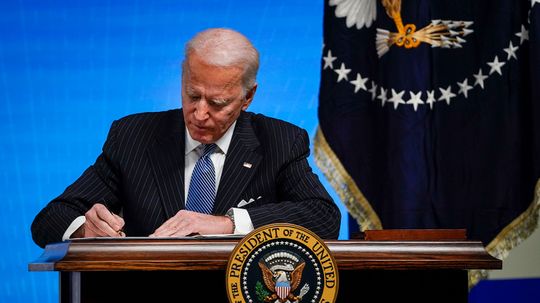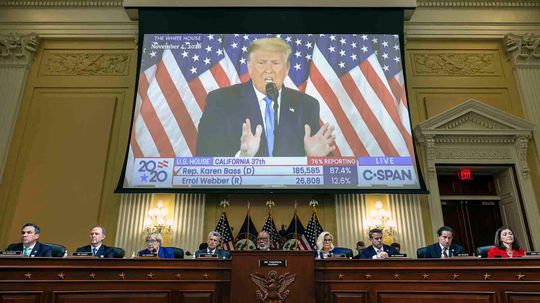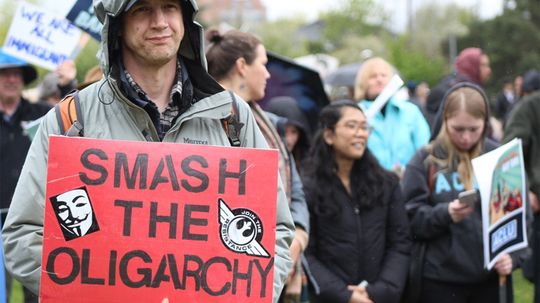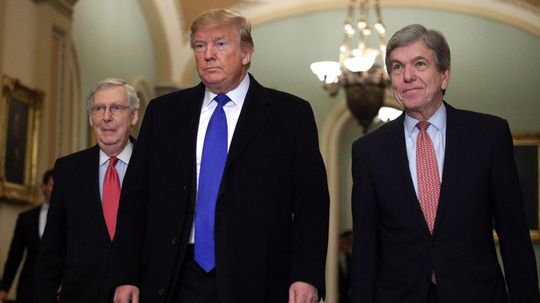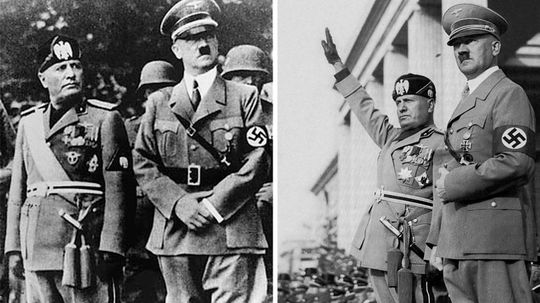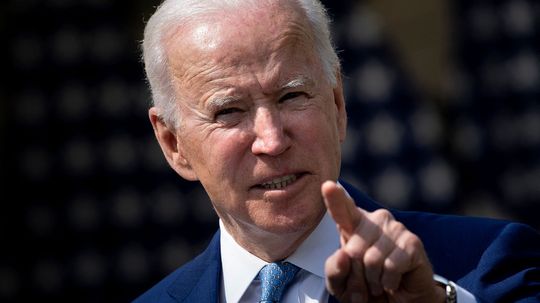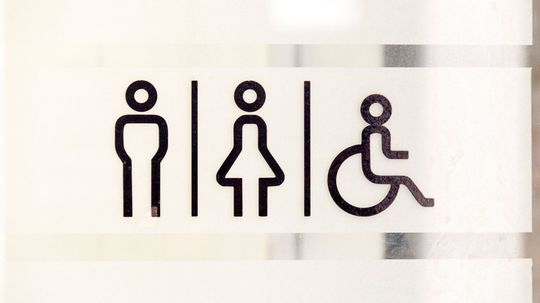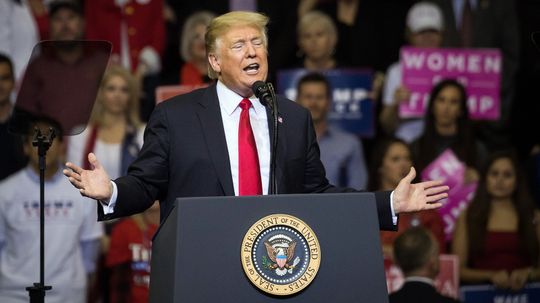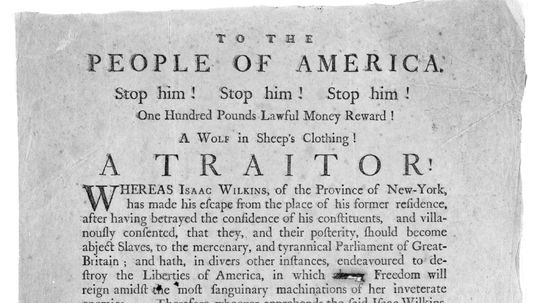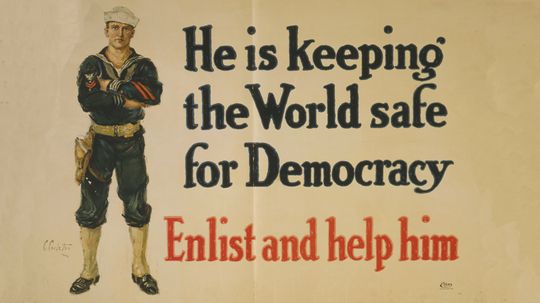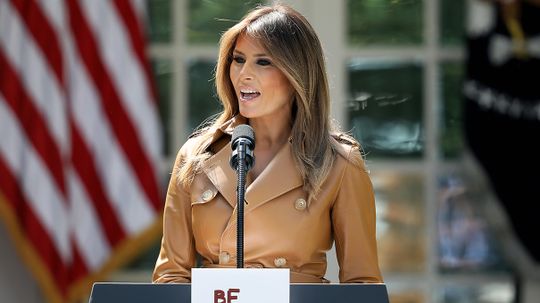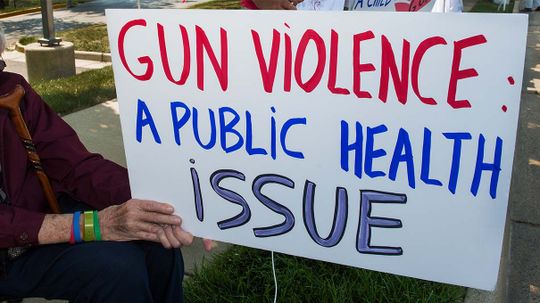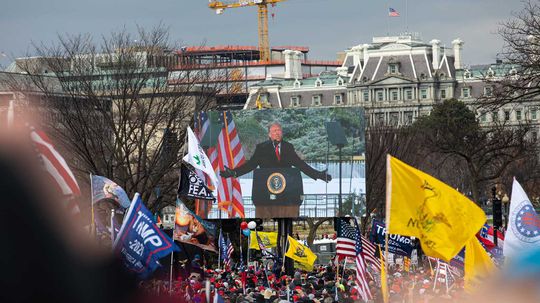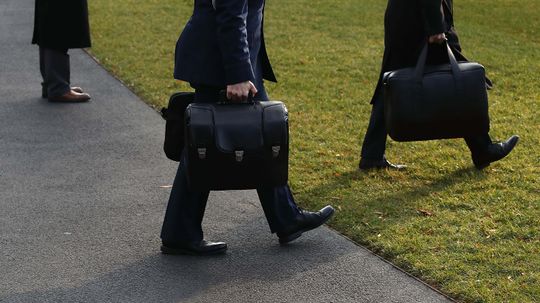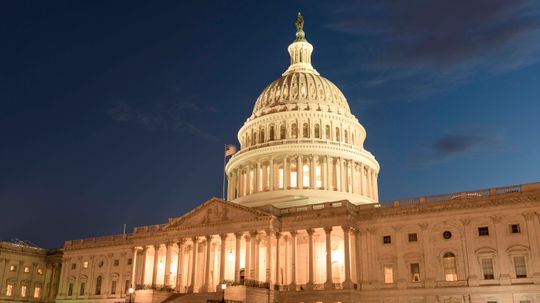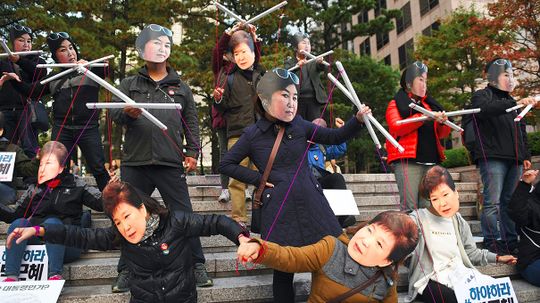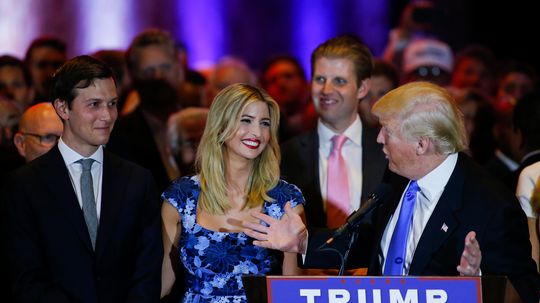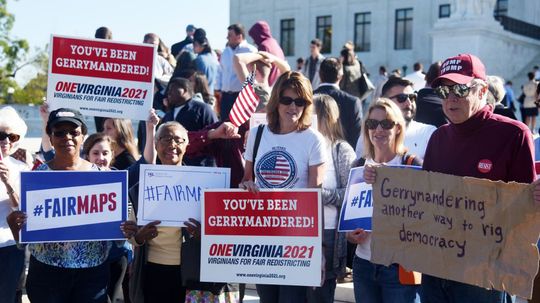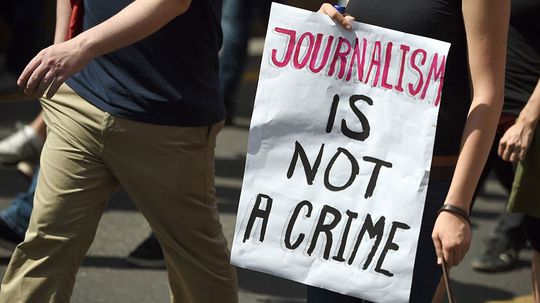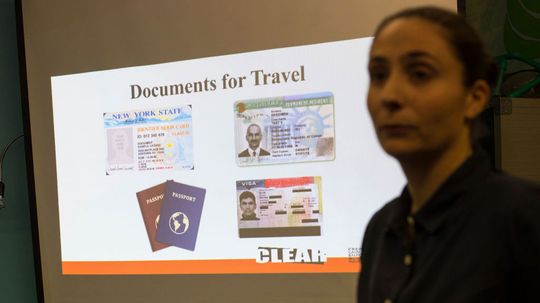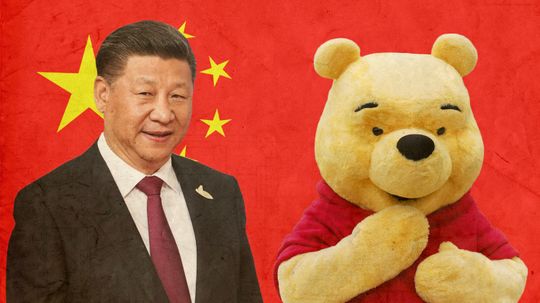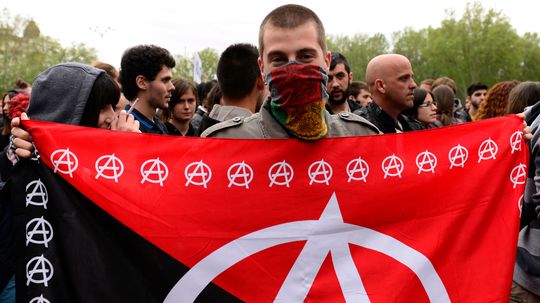Political Issues
The Political Issues Channel discusses hot topics and important political issues such as conventions, scandals and theories.

What Is a Postal Code? A Brief History of Zip Codes
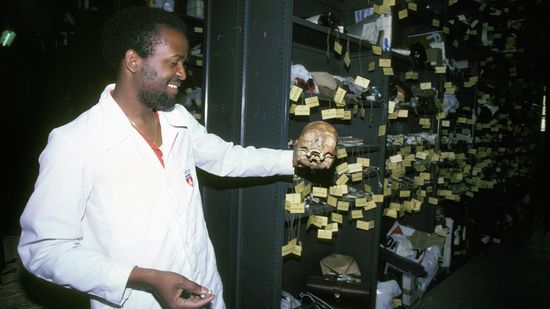
From Human Skulls to Handguns, the Paris Lost and Found Has Seen It All
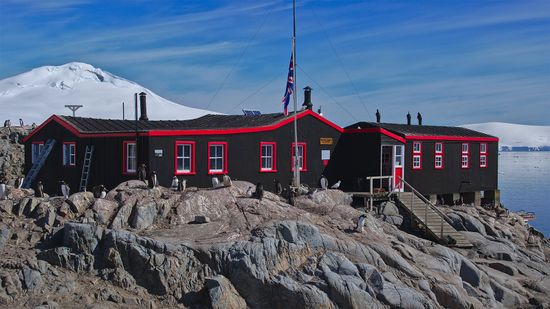
Running Antarctica's 'Penguin Post Office': Coolest Job Ever?
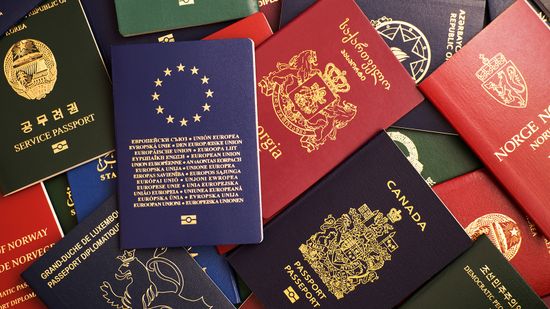
6 Easiest Countries to Get Citizenship
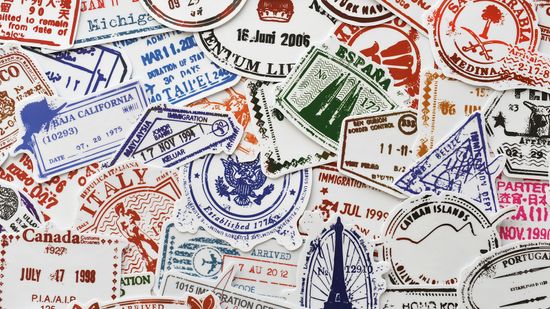
The Most Powerful Passport Comes From a Nation State
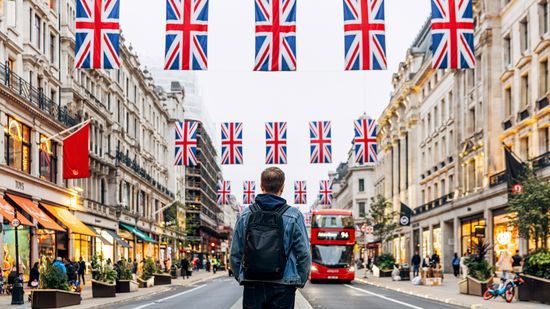
15 Largest Cities in England, Ranked by Population
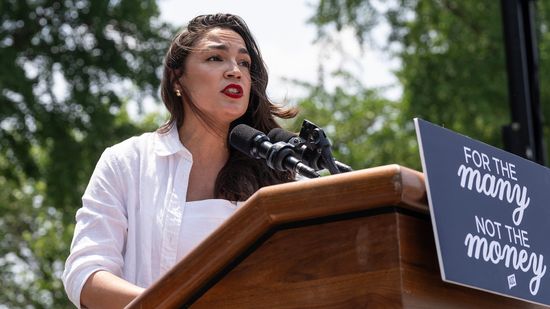
Representative Democracy: How It Started and How It's Going
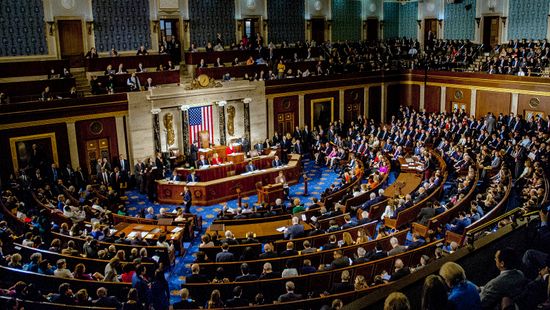
10 States With the Most Electoral Votes: NY's Fall to No. 4
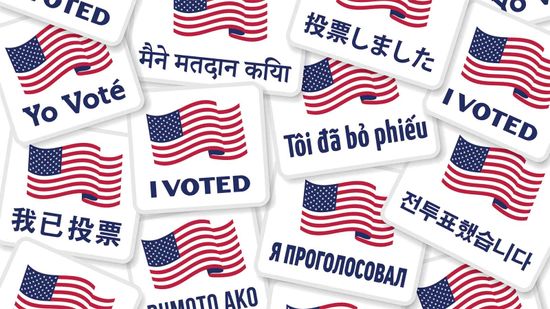
What to Do if Your Vote Is Challenged on Election Day
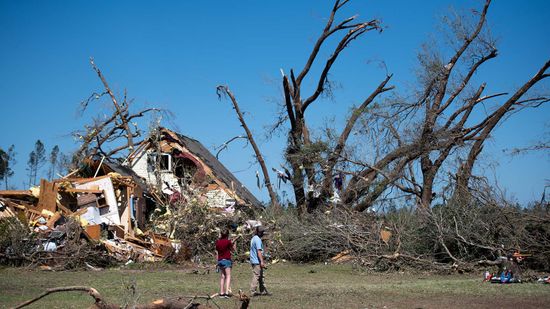
Is the U.S. Prepared to Handle Natural Disasters During the COVID-19 Pandemic?
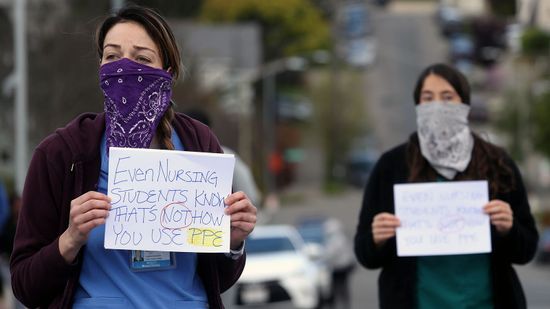
The Defense Production Act Was Designed for Emergencies Like Coronavirus
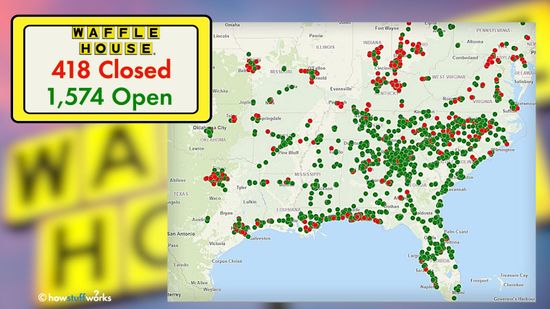
The Waffle House Index Is at Code Red; That's Not Good
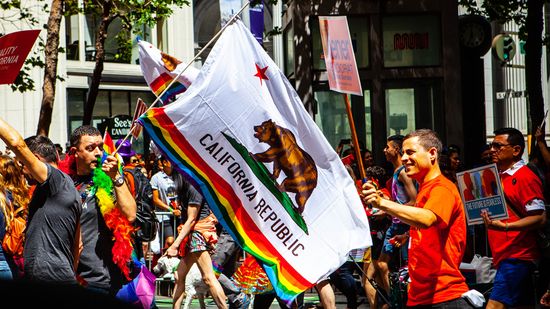
8 Most Liberal Cities in the U.S., Including 2 Not on the Coasts
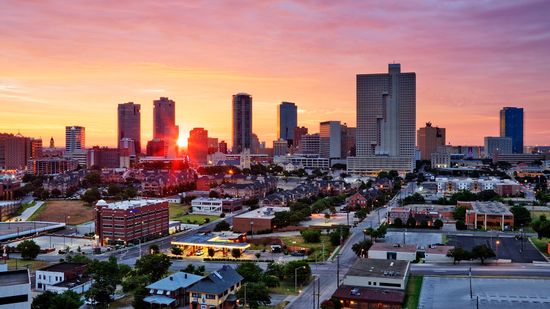
7 Fastest-growing Cities in the U.S.: San Antonio, Phoenix, and More

10 Seattle Neighborhoods to Settle Into
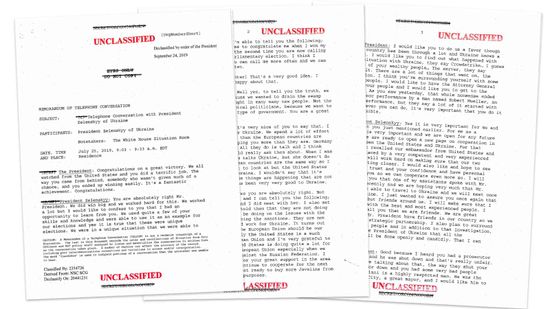
How Does the U.S. Government Declassify Top Secret Documents?
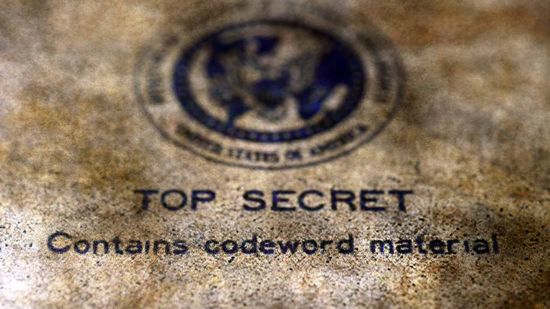
How Does the U.S. Classify Its Most Sensitive Documents?
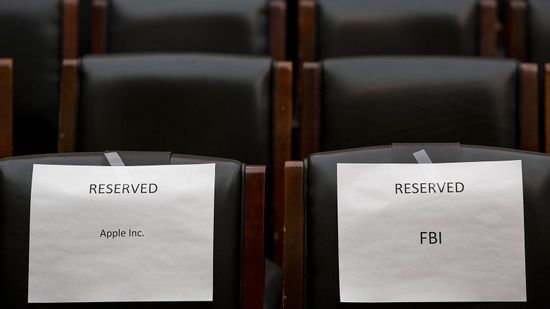
Why Data Encryption Remains a Really Complex Issue
Learn More / Page 3
Executive orders are directives handed down from the president without input from the legislative or judiciary branches of government. Presidents often use them when Congress won't approve a favored regulation. But should they?
By Dave Roos
The Select Committee investigating Jan. 6 just subpoenaed former president Donald Trump. What happens if he ignores the subpoena?
By John Donovan
Opinions differ about whether the U.S. has become an oligarchy, a society in which a wealthy elite has most of the power.
Advertisement
We've been hearing the words constitutional crisis tossed around a lot lately. But what is one, really?
By John Donovan
In fascism, the State is all that matters, and constant conquest is necessary to glorify that State. But how do you convince people to support a philosophy that denies their personal value? Is fascism really still alive today?
By Julia Layton & John Donovan
If you follow politics long enough, there'll be headlines that make you wonder if a U.S. president can really do that thing you just read about. Take our quiz to learn what's within a president's rights.
Among the line of cramped toilet stalls, there's usually a larger one reserved for people with disabilities. But if no one seems to need it, is it OK to borrow it?
By Alia Hoyt
Advertisement
Is sending federal troops to the U.S.-Mexico border even legal? As it turns out, a U.S. law called the Posse Comitatus Act has something to say about it.
By John Donovan
President Donald Trump proudly declared he is a 'nationalist,' much to the chagrin of many Americans. Still others support his comment. So what exactly does it mean?
By John Donovan
Though treason is the only crime mentioned in the U.S. Constitution, few know what the word actually means and fewer still have ever been indicted for it.
In the age of endless information, are voters too distracted to make informed decisions?
By Diana Brown
Advertisement
First ladies have traditionally played significant roles at the White House. But so far that work has been sans pay.
By Dave Roos
'American Exceptionalism' is a slippery term that has been used both positively and negatively. What does it really mean and how did it come to be embraced by both American Democrats and Republicans?
By Dave Roos
With so much public outcry and concern over the rash of gun violence in the U.S., why would Congress cut federal funding for research into causes and solutions?
It's been invoked in the past, but never to remove a U.S. president from office. How does it work and when - if ever - should it be used?
Advertisement
Contrary to his tweeted threat to North Korea, President Trump doesn't actually have a nuclear button.
The Constitution gives the U.S. Senate the power to expel one of its members by a two-thirds vote, but it hasn't happened since the Civil War, and there isn't a well-established process for doing it.
Former South Korean President Park Geun-hye was impeached and is on trial for corruption. Who was really pulling the strings during her administration?
By Diana Brown
Appointing family members to positions they didn't necessarily earn is often criticized. But nepotism reaches far beyond the business world, and it's not always so bad.
Advertisement
Sorry, democracy grinches: A single voter's decision can make a difference. American citizens have cast rare, but possible, pivotal votes throughout history.
Gerrymandering the political trick of manipulating the size and shape of electoral districts, to give one party an advantage. It's always been a problem, but technology has taken it to new heights.
Freedom of the press is one of the most overused - and increasingly, misunderstood - phrases in modern society. We explore what it really means and what happens when the freedoms disappear.
Some countries have started allowing people to choose an 'X' on their passports to indicate an unspecified sex. Many people argue that's not enough and gender classifications don't belong on government documents at all.
By Dave Roos
Advertisement
This time it's not honey that got Winnie the Pooh in trouble.
Anarchism is often thought of as a synonym for chaos and violence, but the philosophy of anarchism is far more nuanced than that.
